Feeling lost...
I'm never really sure where inspiration comes from.
But over time, I’ve had to figure out a few tricks to find it.
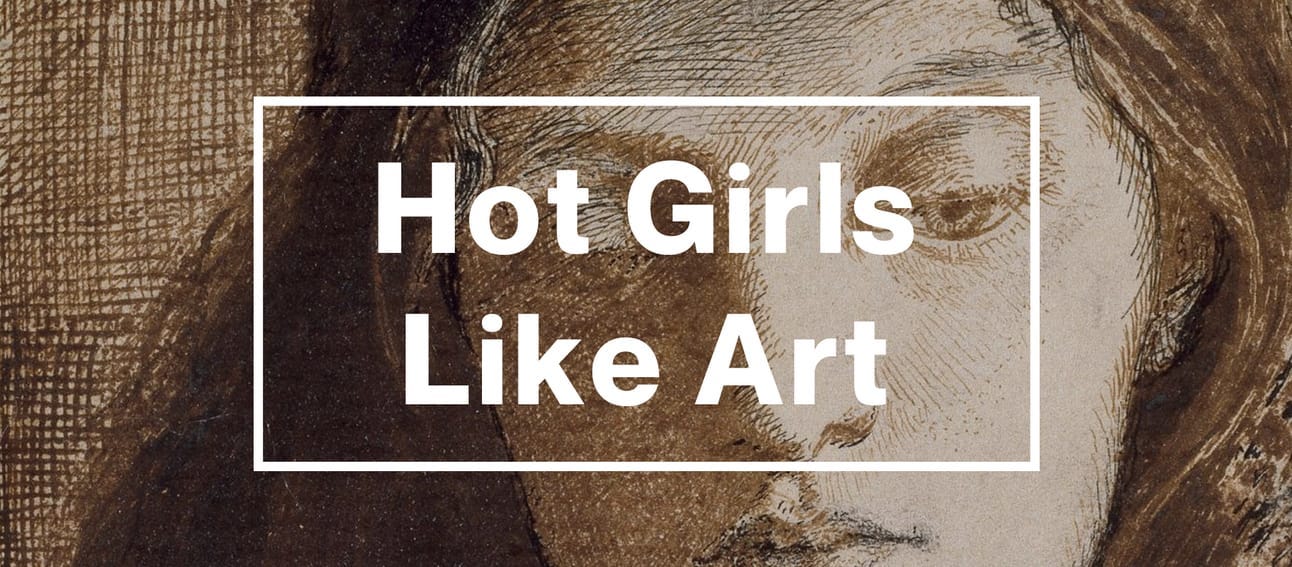
Elizabeth Siddal
Take a look at Dante Gabriel Rossetti’s Lillith and you might be able to see something interesting
Inspiration
If there’s anything I’m certain of, it’s that inspiration comes from two places.
One is internal.
That usually shows up as a desire to create something—an image, a phrase, an idea you can't get out of your head.
And when you try to make it real, you fail.
Over and over again.
But through the failure, through the process of trying to achieve something that’s still just out of reach, you start to learn.
You build something new.
And in that struggle, inspiration appears.
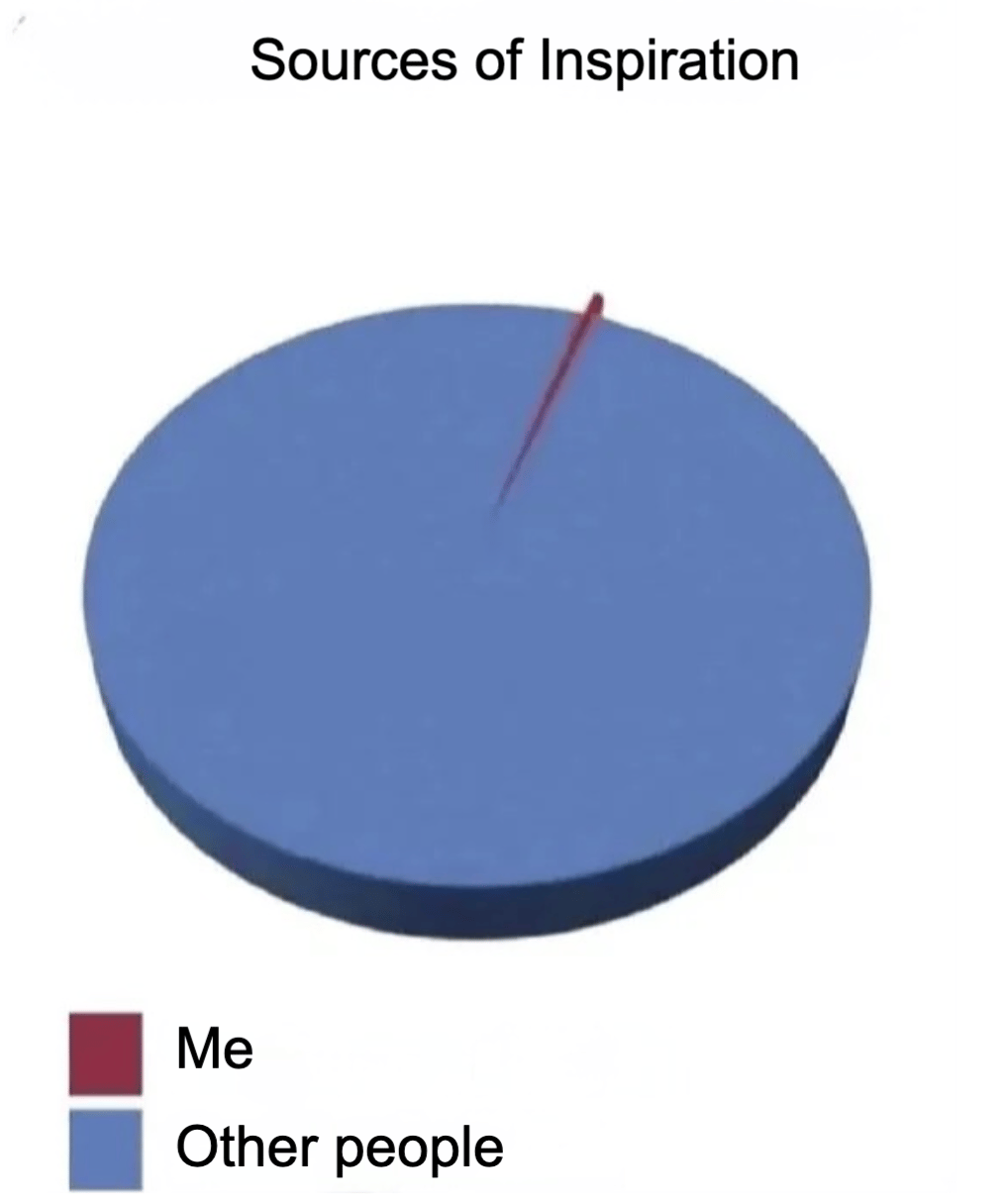
The other is external.
A person, an object, a conversation, a place, an experience.
Something that knocks your perspective sideways and shows you there’s another way to see the world.
And now, you have to reconcile that.
You have to do something with it.
And so, you create.
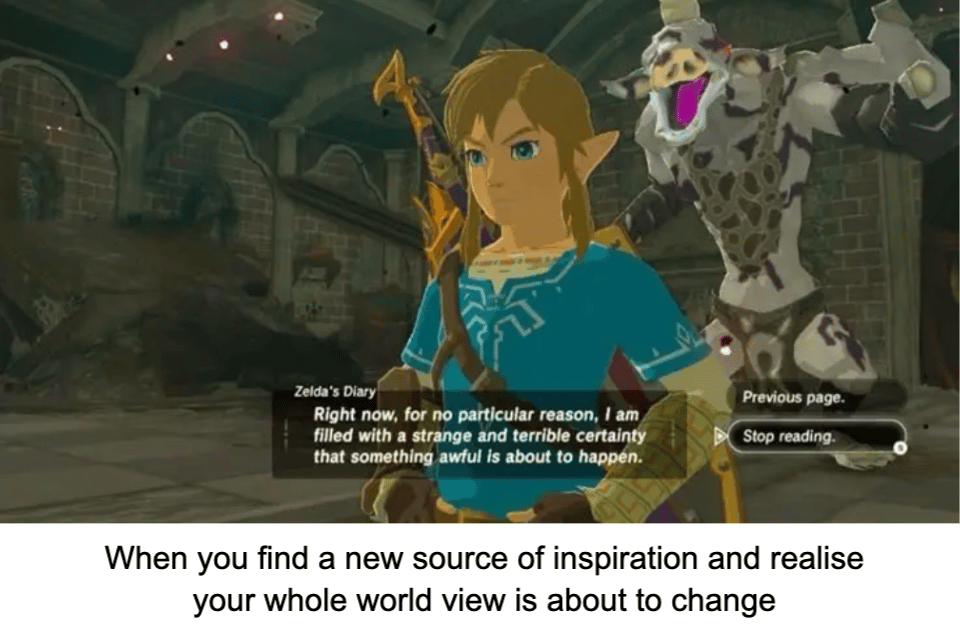
For me, that second form—the external kind—is best described by the term muse.
This newsletter is my first attempt to really communicate what I mean by that word.
Because I think it’s been diluted.
Romanticised.
Misunderstood.
And I think it’s more powerful—and more useful—than people give it credit for.
Especially outside of the creative world.
Sometimes a person enters your life and stays for years.
Other times, they’re only there for a moment.
But that moment rearranges you.
It changes your rhythm, your values, your direction.
That’s a muse.
That’s who this is for.
What
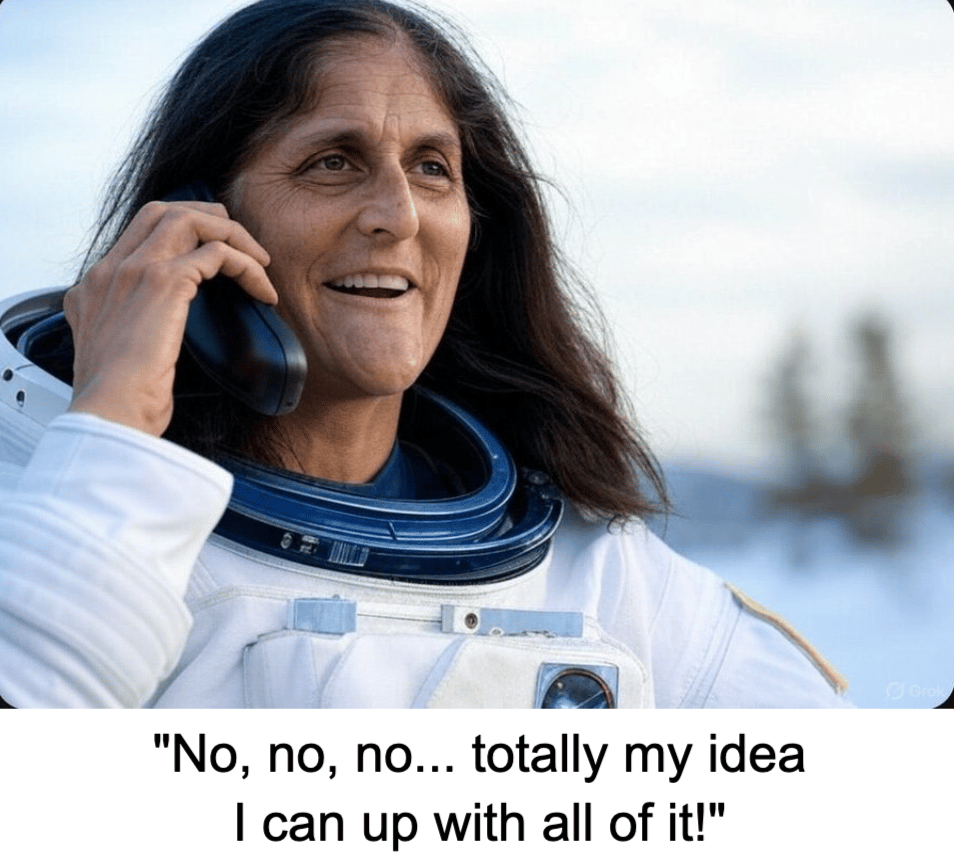
The idea of the muse isn’t new.
It started in ancient Greece, where the muses were seen as divine forces—nine daughters of Zeus and Mnemosyne, born out of the union between power and memory.
That origin alone tells you something about how the Greeks saw inspiration: it wasn’t random.
It came from something higher, something structured, but also deeply tied to human recall and story.
Each muse had a specific domain:
Calliope for epic poetry
Clio for history
Euterpe for music
Erato for love poetry
Melpomene for tragedy
Polyhymnia for hymns
Terpsichore for dance
Thalia for comedy
Urania for astronomy
And while those categories sound specific, each one folds into modern life in ways that still feel relevant.
Melpomene doesn’t just rule tragedy—she sits beside grief, death, and loneliness.
Thalia, the comedic muse, covers both ancient theatre and the memes we send each other to stay sane.
Erato speaks to romance, yes—but also to sexuality, intimacy, and the quiet human need to be desired.
If you look closer, all nine muses orbit the four elemental parts of the human condition that Irvin Yalom talks about: death, freedom, isolation, and meaninglessness.
The muses weren’t there to entertain.
They were there to help people make sense of being alive.
The most well-known invocation of a muse comes from Homer’s Odyssey.
He doesn’t open with a grand statement about himself.
He opens with a plea:
“ἄνδρα μοι ἔννεπε, μοῦσα, πολύτροπον, ὅς μάλα πολλά”
“Sing to me, O Muse, of the man of many turns…”
It’s not about ego.
It’s about surrender.
The artist isn’t the voice.
They’re the mouthpiece.
Service
A muse, in the way I use the word, is a source of energy that you agree to serve.
It doesn’t just inspire you.
It rearranges you.
You’re not chasing a result.
You’re responding to a force.
That force might be a person.
Might be an idea.
Might be a symbol, an object, an emotion.
It doesn’t matter.
What matters is that it shifts your perspective enough that you start making things in its direction.
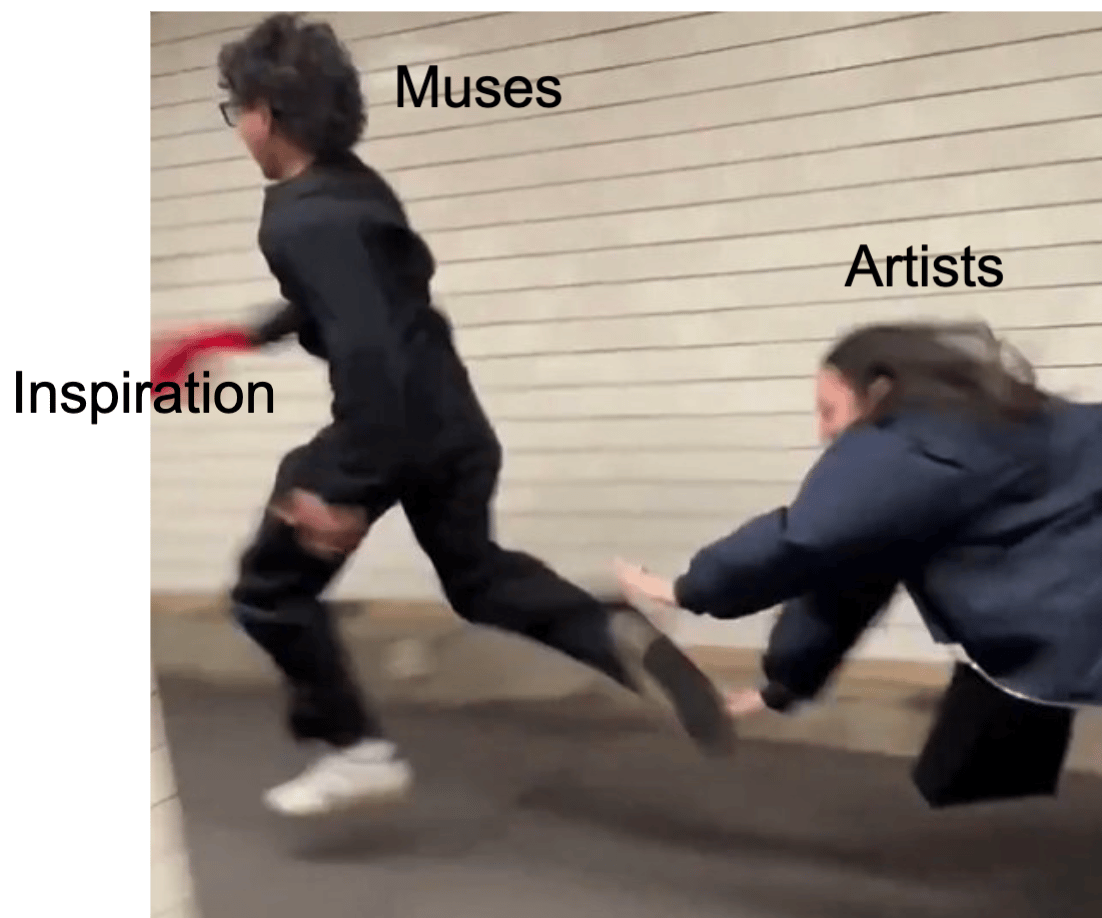
You don’t do it for applause.
You do it because something about it won’t leave you alone.
And over time, you begin to build work not from yourself, but toward something.
It becomes less about expression, and more about devotion.
Less about self, more about surrender.
That’s what a muse does.
It points you to the thing worth making.
It becomes the reason you keep trying.
And the work becomes your way of saying thank you.
The muse is not always someone you know.
Sometimes it’s someone you never meet.
Sometimes it’s an idea so large you’ll never see the edges of it.
But when it enters your life, the work starts to feel more necessary.
Not more marketable.
Not more intellectual.
Just necessary.
Her
A few years ago, I met someone who changed the way I saw freedom.
We crossed paths randomly in London.
They were light, grounded, totally present in a way I wasn’t.
I’d spent years trying to embody freedom in my work—but here was someone who didn’t even have to try.
They just lived it.
And I realised very quickly: I wanted to learn from them.
I was a washed-up anonymous artist at the time.
Living in a city that didn’t know me, struggling to go out in public without feeling like a ghost.
But they looked like they lived in Marlboros and Margiela with an ever-empty fridge.
Like they’d never once worried about whether the world understood them.
That contrast opened something in me.
And because I wasn’t trying to impress them, I was able to ask better questions.
I confided in them about my blocks, my work, the way I felt lost.
And their perspective shifted something in me.
Not because they gave me a solution—but because they became a reference point.
A compass.
I started building a piece that reflected what they represented.
That’s what a muse does.
They give shape to the work you’re already trying to make.
It’s not always a person.
Sometimes it’s a symbol.
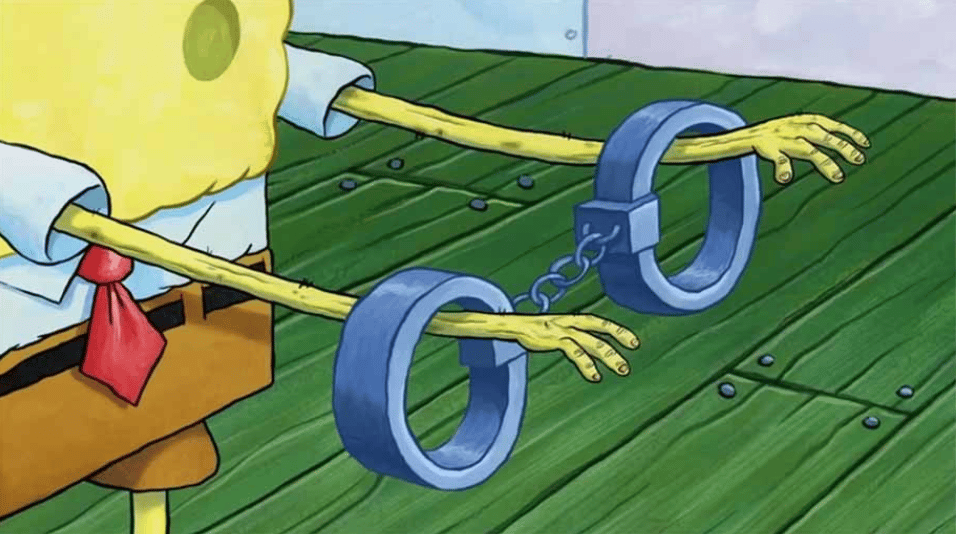
I’ve been thinking about handcuffs lately.
Not because I want to use them in a piece—but because they carry so much meaning.
They represent control.
Confinement.
Power.
Intimacy.
They appear in contexts as different as law enforcement and sex.
That duality—the fear and the desire—that’s what I’m drawn to.
Not the object.
The tension inside it.
Other times, it’s a feeling.
Or a value.
Or a quality you’re trying to get closer to.
Some people represent discipline.
Some people represent chaos.
Some represent endings.
Some represent beginning again.
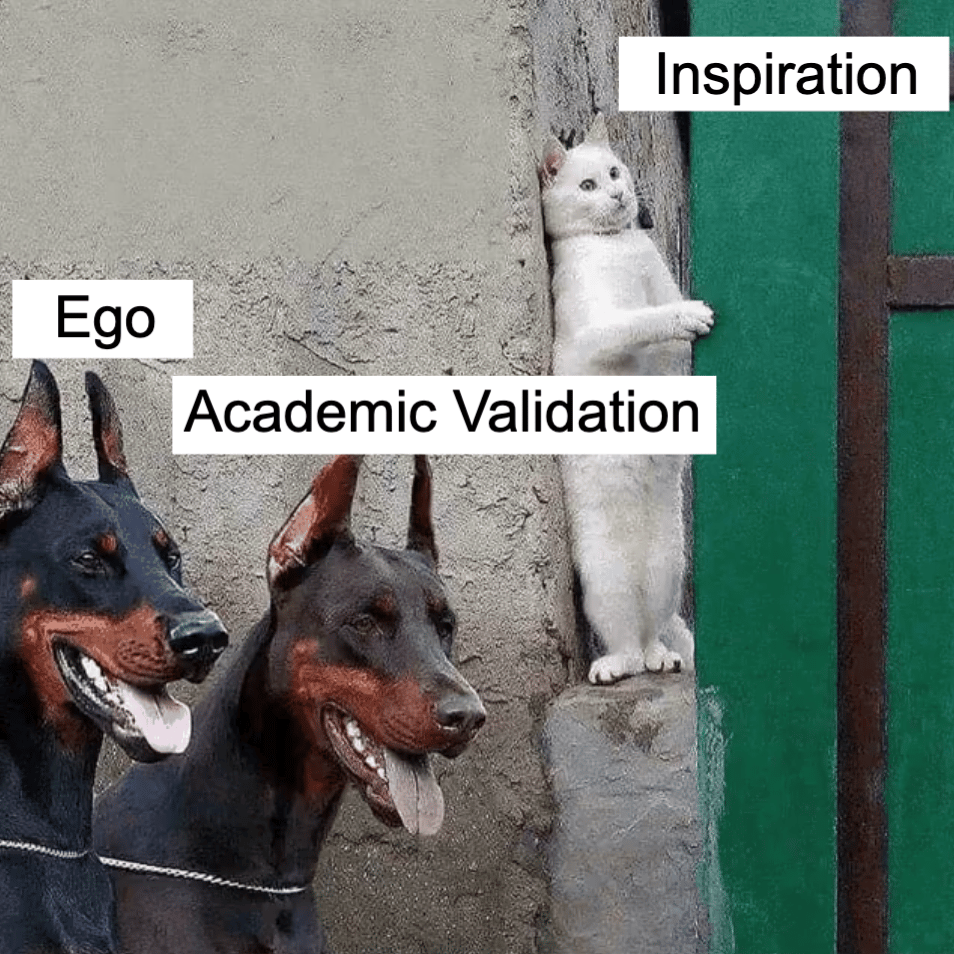
And when you build something in their honour, you’re not just creating—you’re learning.
That’s the point.
That’s the exchange.
Problems
The problem with the word “muse” is that it’s been misused for so long it barely makes sense anymore.
Most people hear it and think of some beautiful woman in a man’s studio, standing silently while he paints and takes all the credit.
The genius at work.
The muse as decoration.
It’s not just outdated.
It’s reductive.
Real muses aren’t passive.
They’re powerful.
They don’t flatter you.
They challenge you.
They aren’t just there to make you feel good.
They’re there to show you what you’re missing—and make you better.

The other problem is that people confuse the emotional intimacy of inspiration with romance.
Sometimes muses are people you fall for.
But sometimes that energy has to stay in its own box.
Crossing that line—especially into the physical—can ruin it.
It shifts the dynamic.
You go from wanting to honour someone’s essence… to consuming it.
And once you do that, the inspiration often dies.
There’s also a danger in becoming your own muse.
At first it seems empowering.
But over time, it can become a loop.
You build a character to serve the work, then fall in love with that character.
And eventually, you start creating for the character instead of the work itself.
You become the audience and the performer.
And that’s when the feedback starts to break.
Some artists choose that loop and build whole careers inside it.
Some do it beautifully.
But it’s a choice.
And it has consequences.
You become the servant of that idea.
Forever.
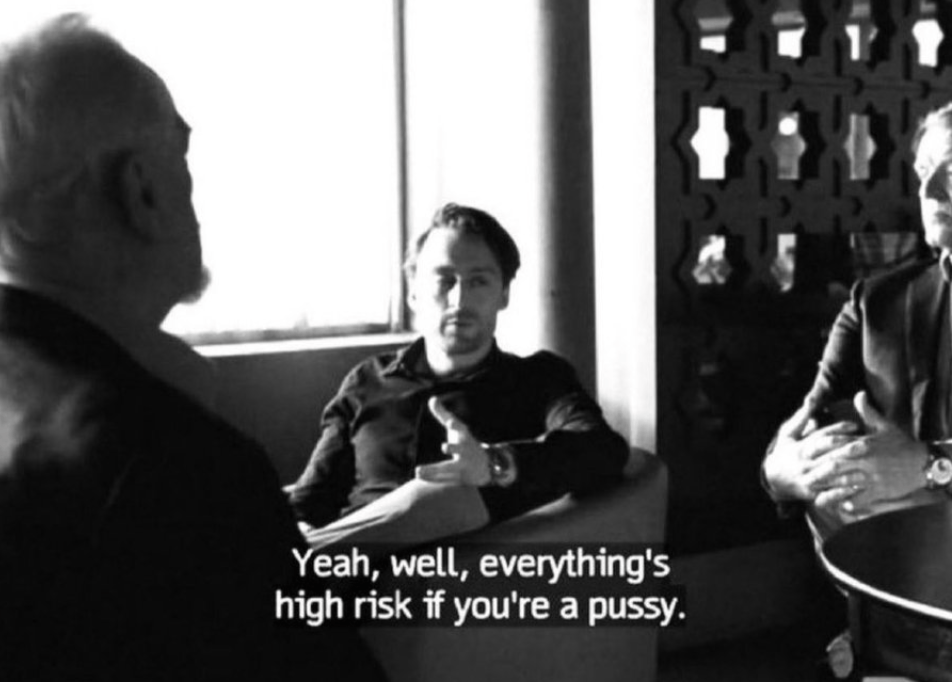
The point is: muses are powerful.
But they’re not always safe.
They demand boundaries.
They require humility.
And they’re not here to make your life easier.
They’re here to wake you up.
Poets Corner
The Work
When there's no work then time is free,
And with free time there's time to think.
There's time to think within the work
That doesn't take much thinking.
The work that needs the hands to lift,
The work with hands that lay the bricks,
The work with hands that spade the shit,
The work that leads the mind to drifting.
There's nothing roman in the thought,
No greeks obscure the views,
There's just a shovel in my hand
- Monotonous labour, be my muse!
- Thomas May
Sometimes you don’t need a plan.
You just need something to serve.
And if you choose the right muse,
the work will tell you where to go.
More to come
I love you loads
R


